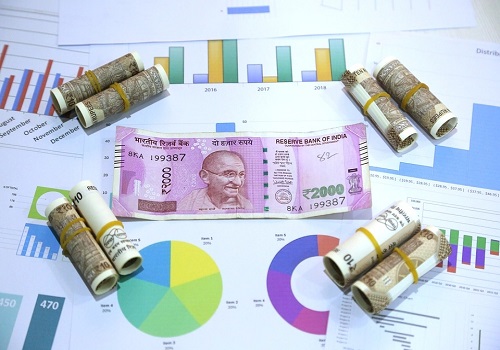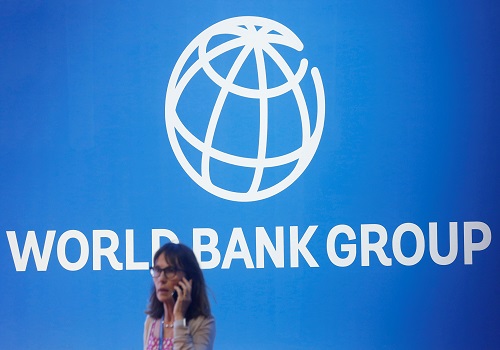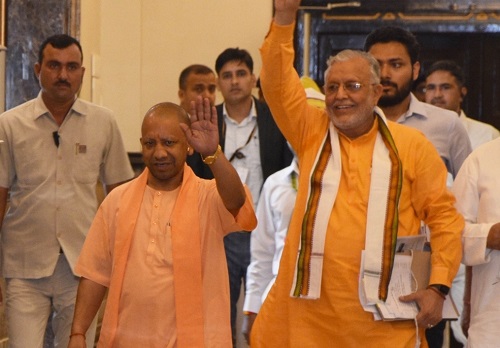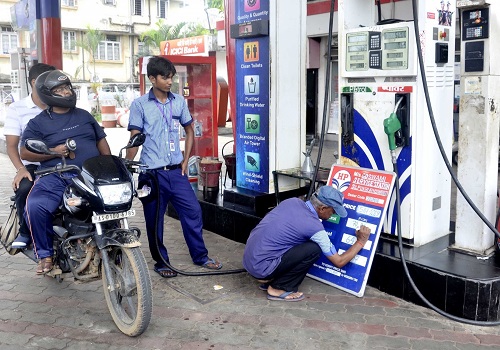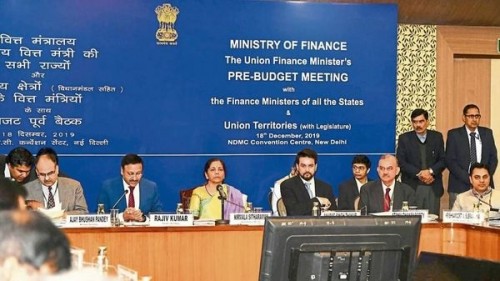From Budget 2020 to New India: Crowdsourcing goes mainstream
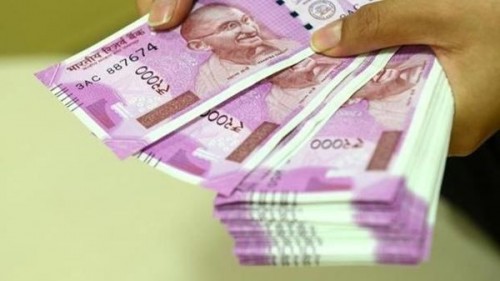
Follow us Now on Telegram ! Get daily 10 - 12 important updates on Business, Finance and Investment. Join our Telegram Channel
Follow us Now on Telegram ! Get daily 10 - 12 important updates on Business, Finance and Investment. Join our Telegram Channel https://t.me/InvestmentGuruIndia
Download Telegram App before Joining the Channel
New Delhi: Continuing with its tradition, the Union government has sought public inputs for its Budget 2020-21 and this year it has identified at least 13 themes for crowdsourcing ideas.
With Mann Ki Baat, Independence Day speech, union budget and state budget, the Centre has now opened a new dialogue called Ideas box to encourage free flowing discussion on any subject of governance and policy-making and ideas which will “help in building a New India by 2022". Collectively, crowdsourcing seems to be going mainstream now.
“In order to make the Union Budget-making process participative and inclusive, the Ministry of Finance… looks forward to hearing from you on your suggestions for the Union Budget. You can submit your suggestions either directly in the comments box or attach a PDF document," the government has said.
It says citizens can send suggestions on “Income Tax, Farmers, Finance, Agriculture, Health Education, Environment, Water Conservation, GST , Employment, Entrepreneurship, Railways, Infrastructure and others".
Not just the Union government, Uttarakhand too is crowdsourcing budget ideas this time through a government platform.
While suggestion for the Union budget have to be submitted by 20 January, for Uttarkhand, the deadline is 15 January.
Along with suggestions for education, health and agriculture, people are demanding a higher exemption on income tax on individuals as, according to them, honest tax payers need to be rewarded.
“We are salaried people, we pay tax in time and I-T returns on time for nation building. But when it comes to children education, medical treatment we have to pay as decided by school and hospital respectively. For every purchase of goods & services we have to pay tax. Government has to rethink about tax on individuals," Sumanth K.S., one of the participants, suggested.
With expenditures on several heads like education, and health growing rapidly, some even suggested that basic income tax exemption should be increased from Rs. 250,000 to Rs. 750,000 per year to boost consumption.
Lalitha Srinivas Rao from Bengaluru has suggested separate tax deductions for children’s education, outside the Section 80-C deductions. “If a family is having two children, each child's education comes to around 1.5 lakh per annum. At this rate how can an individual think of buying goods from the industry? They start saving for their child's future cost of education and foregoes the current need of purchasing goods. This will definitely bring down the demand for goods," Rao wrote.
Though it’s not known how many of such ideas are actually included in budget announcements, there is a belief that the exercise makes sections of the populace stakeholders in what has otherwise been a largely reclusive and dense annual exercise. There were talks in the previous year that some of the suggestion, including the idea of a price stabilization fund for pulses, prices of which were volatile, found its way to budget making.
ofisescort.com - atakum escort - carsamba escort - eskort bayan - istanbul escort - diyarbakir escorts - diyarbakir escort















